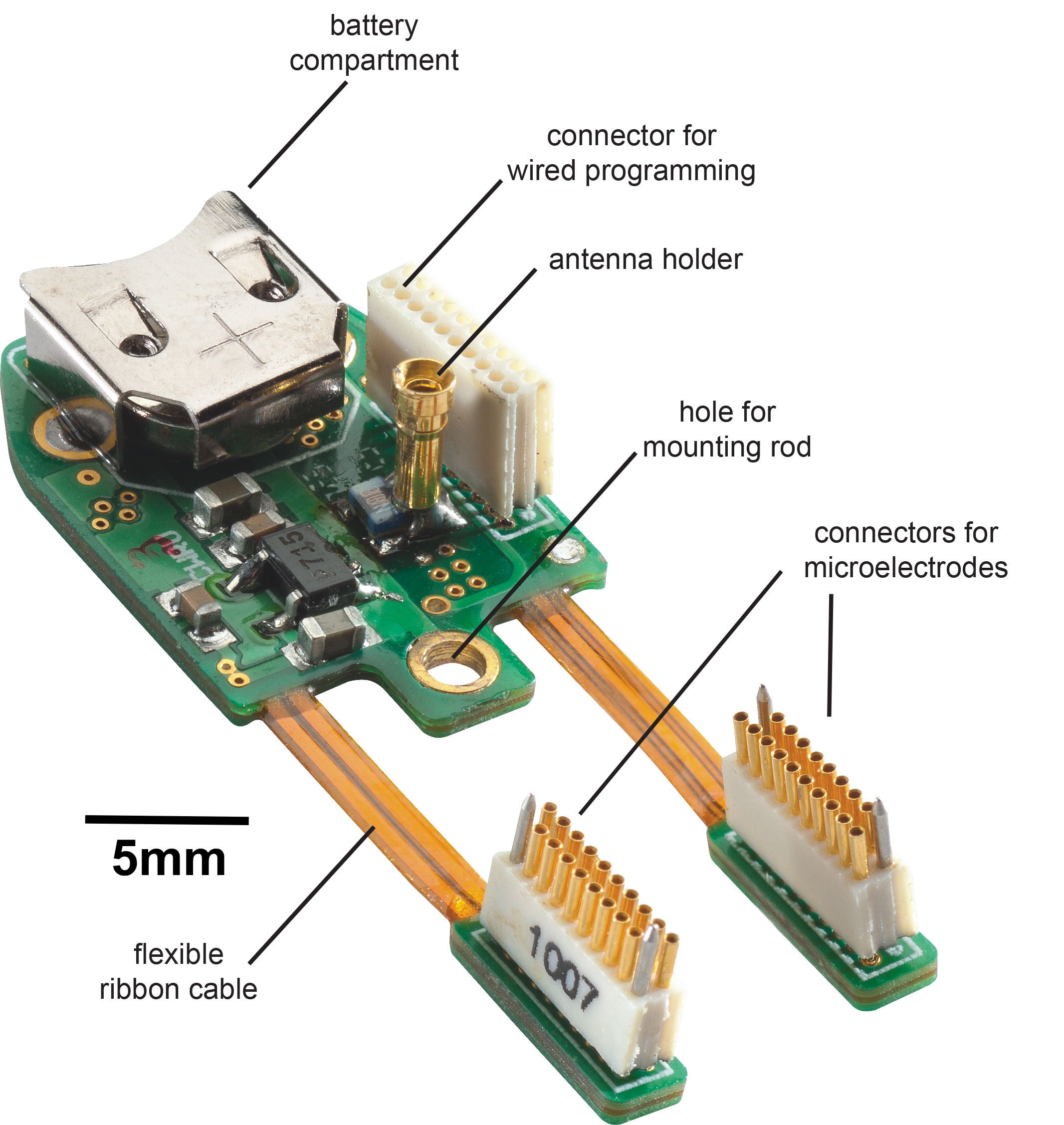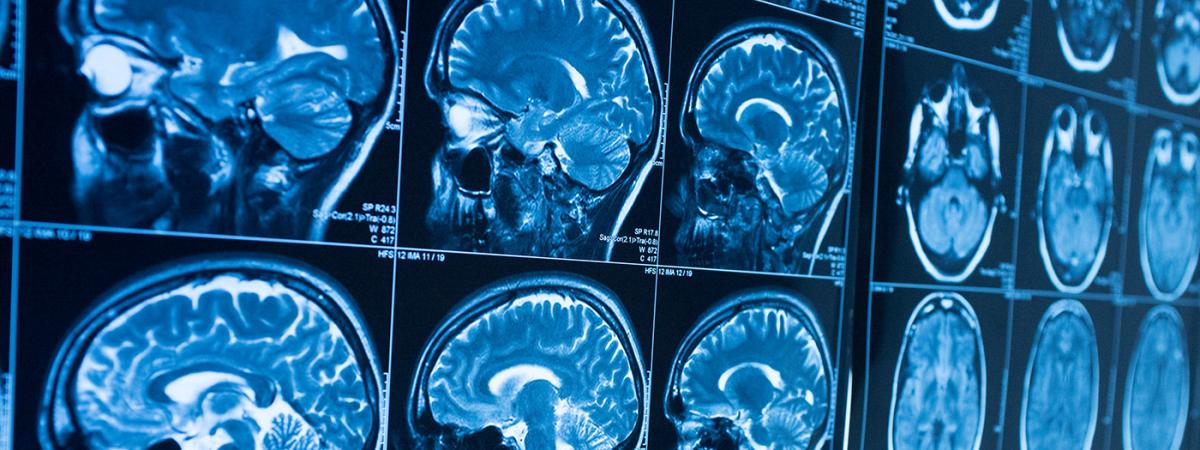Researchers from Case Western Reserve University and University of Kansas have received a $1.65 million Department of Defense grant to continue developing a neural prosthesis aimed at helping those who suffer from traumatic brain injury (TBI) or stroke to regain motor function.
The prosthesis, called a brain-machine-brain interface (BMBI), has proven successful in restoring motor function in rat models of TBI. The BMBI records signals from one part of the brain, processes them in real time, then bridges the injury by stimulating a second part of the brain that had lost connectivity.
With the new three-year grant from the Joint Warfighter Medical Research Program of the U.S. Army Medical Research and Materiel Command, the researchers will try to determine if the implant can help make permanent repairs and be removed. They will also try to find the optimal time window in which to use the prosthesis for delivering the therapy, and show the safety and efficacy of the prosthesis in a large-animal model.
 The prosthesis, called a brain-machine-brain interface, records signals from one part of the brain, processes them in real time, then bridges the injury by stimulating a second part of the brain that had lost connectivity. Credit: Pedram Mohseni
“Our aim is to answer questions that naturally came up from our previous studies in order to further de-risk our innovative technology for translation to human applications ,” said Pedram Mohseni, professor of electrical engineering and computer science and a principal investigator with the Advanced Platform Technology (APT) Center at Case Western Reserve. Mohseni and Randolph J. Nudo, professor of rehabilitation medicine at the University of Kansas Medical Center, lead the research.
The prosthesis, called a brain-machine-brain interface, records signals from one part of the brain, processes them in real time, then bridges the injury by stimulating a second part of the brain that had lost connectivity. Credit: Pedram Mohseni
“Our aim is to answer questions that naturally came up from our previous studies in order to further de-risk our innovative technology for translation to human applications ,” said Pedram Mohseni, professor of electrical engineering and computer science and a principal investigator with the Advanced Platform Technology (APT) Center at Case Western Reserve. Mohseni and Randolph J. Nudo, professor of rehabilitation medicine at the University of Kansas Medical Center, lead the research.
 The prosthesis, called a brain-machine-brain interface, records signals from one part of the brain, processes them in real time, then bridges the injury by stimulating a second part of the brain that had lost connectivity. Credit: Pedram Mohseni
“Our aim is to answer questions that naturally came up from our previous studies in order to further de-risk our innovative technology for translation to human applications ,” said Pedram Mohseni, professor of electrical engineering and computer science and a principal investigator with the Advanced Platform Technology (APT) Center at Case Western Reserve. Mohseni and Randolph J. Nudo, professor of rehabilitation medicine at the University of Kansas Medical Center, lead the research.
The prosthesis, called a brain-machine-brain interface, records signals from one part of the brain, processes them in real time, then bridges the injury by stimulating a second part of the brain that had lost connectivity. Credit: Pedram Mohseni
“Our aim is to answer questions that naturally came up from our previous studies in order to further de-risk our innovative technology for translation to human applications ,” said Pedram Mohseni, professor of electrical engineering and computer science and a principal investigator with the Advanced Platform Technology (APT) Center at Case Western Reserve. Mohseni and Randolph J. Nudo, professor of rehabilitation medicine at the University of Kansas Medical Center, lead the research.


